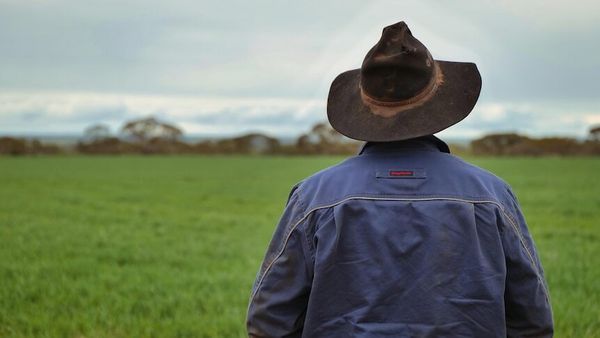
The NSW parliamentary inquiry which revealed the grim state of medical care in rural areas is due to hand down its report, as communities hope for more say in their health.
The year-long inquiry, which included more than 700 written submissions and 15 hearings across the state, heard country hospitals operate without doctors, recruiting GPs is near impossible, and patients are travelling hours for care.
Rural nurses told the inquiry of patients dying on bathroom floors, families of palliative care patients having to administer intravenous painkillers themselves, and cooks and cleaners taking on nursing duties.
The inquiry’s report is due to be handed in on Wednesday.
Murray MP Helen Dalton hopes it leads to greater cooperation between state and federal governments.
“I see them deflecting the blame from each other. It’s ‘Go ask your ma, go ask your da’,” Ms Dalton told AAP.
Mark Burdack, the head of Rural and Remote Medical Services charity, says listening to the needs of communities is key.
The organisation has recommended the establishment of a rural health commission, with an independent board overseen by local communities.
“Rural people are out of sight, out of mind,” Mr Burdack said.
“The health system was designed to run hospitals in major cities and it isn’t well equipped to manage services in rural and remote communities.”
At the inquiry, senior health official, Dr Nigel Lyons, apologised to rural patients, saying the department is committed to ensuring equitable healthcare.
After the public hearings, the NSW government appointed Bronnie Taylor as the minister for regional health, and set up a regional division in the health department.










